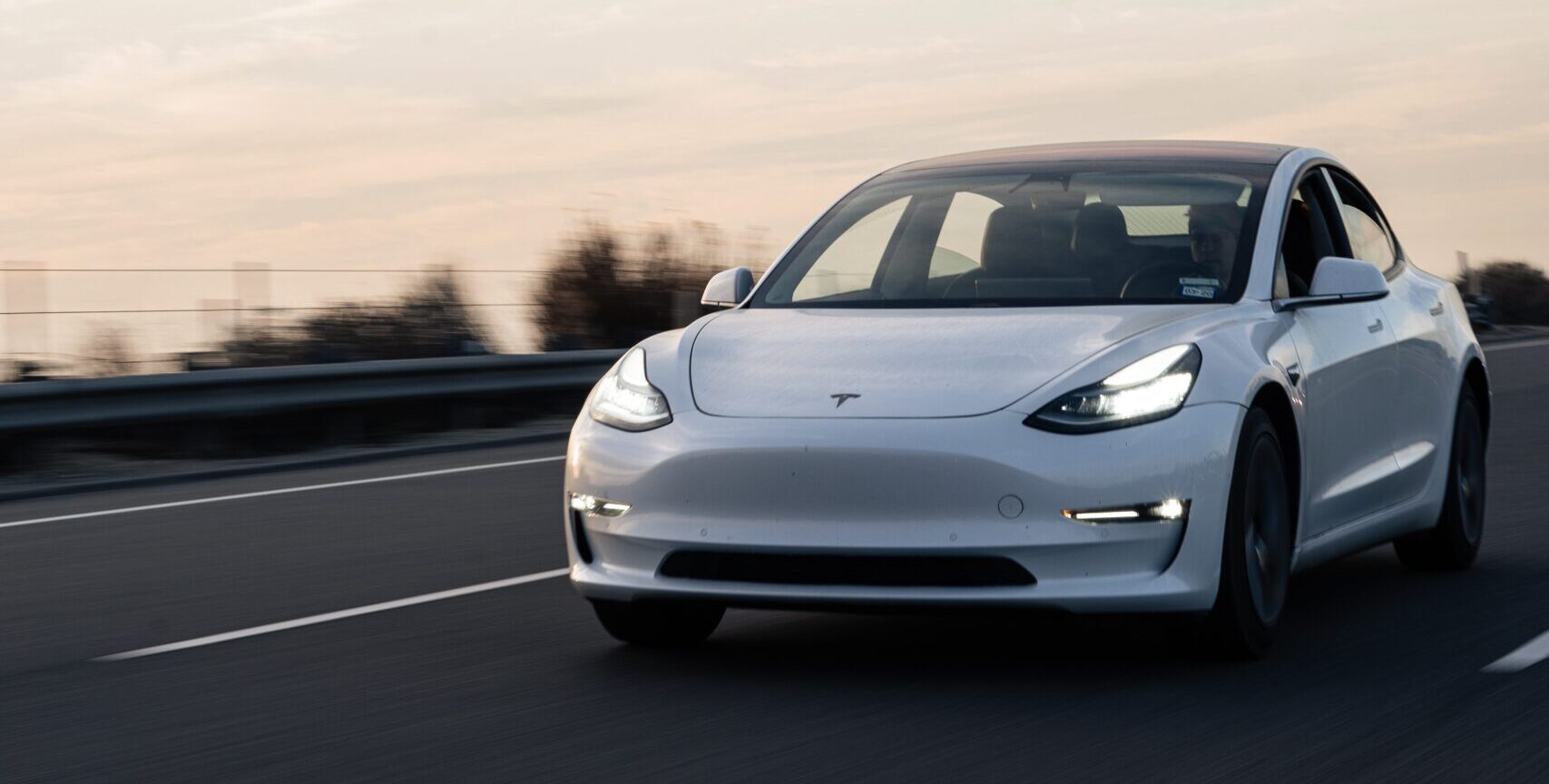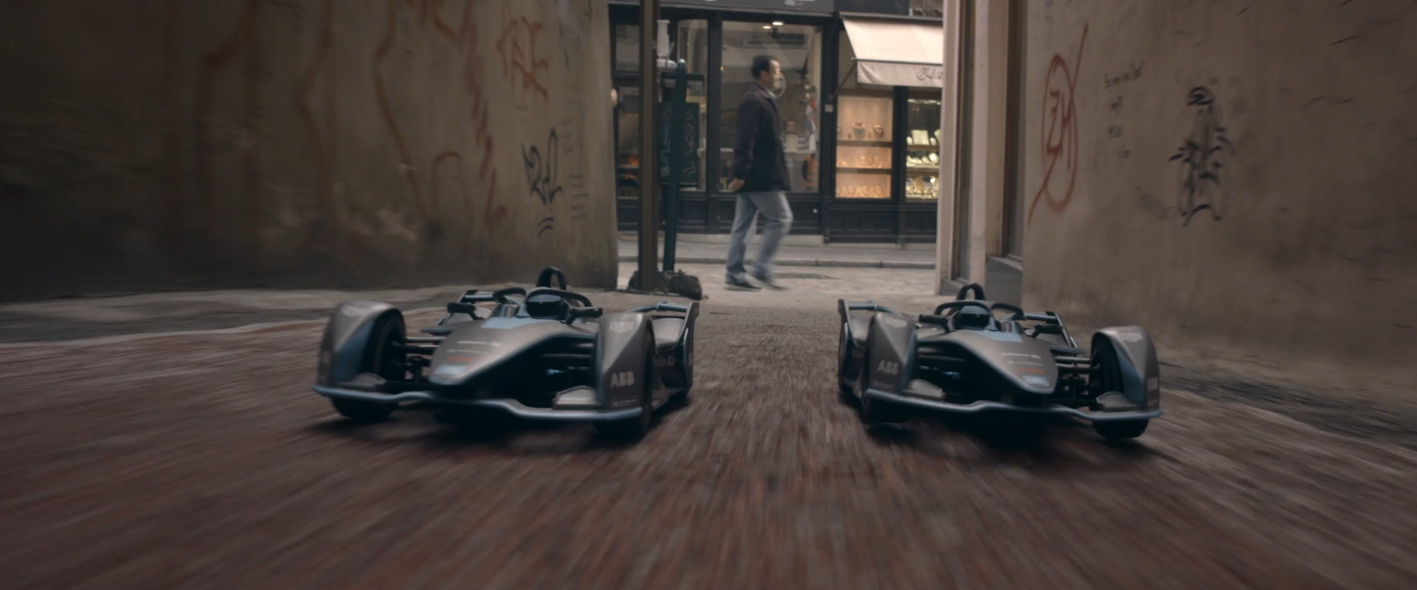It is hard not to drink the Elon Musk kool-aid when assessing Tesla’s latest quarterly.
My glass was certainly full when I was invited onto BBC’s World Business Report to discuss and analyse the results.
And you can see why.
The electronic car brand and its enigmatic CEO shocked investors and outperformed expectations amidst a challenging market. It announced profits of over $2.3 billion, or $2.05 a share, in the fourth quarter of 2021 – with sales rising 65% to $17.7 billion, from $10.7 billion a year ago.
There seems to be no stopping Tesla. With the two new Gigafactories coming online soon, will we see even more record-breaking numbers going forward?
In the UK, the Tesla Model 3 was the second-highest selling car last year. Which is pretty astonishing given they cost over $40,000.
It becomes even more remarkable when you consider that only 1% of the cars on the UK roads are fully electric vehicles. It suggests there is still a long way for the electric revolution to go – and that Tesla will be a defining force in the transition.
However, there are short term hurdles to overcome.
“The chip shortage, while better than last year, is still an issue,” Chief Executive Elon Musk said in a call with analysts following the results. Supply chain issues and the semiconductor shortage remain critical issues for technology brands – but Tesla is handling these challenges smartly. Tesla is a tech brand as much as an auto brand – and therefore is just as closely tied to the exponential growth of the sector as it is to any challenges.
The most appealing thing about Tesla to investors isn’t just the volume of units manufactured. It is the ecosystem the brand is creating around its products. Tesla recently took Apple’s spot at the top of the Participation Brand Index. And its success has really come from taking the ‘Apple model’ into automotive – using technology to build a world of high value services, for which owning a flagship product is the cost of entry.
The brand’s supercharger network is already a key reason to buy for many customers – and according to Musk its self-driving technology is closer than ever. The CEO said that his “personal guess” was that Tesla’s “full self-driving” capabilities would be available at the end of the year.
“Frankly, being safer than a human is a low standard, not a high standard,” Musk said. “I would be shocked that we do not achieve full self-driving, safer than a human, this year.”
The self-driving package costs 20% on top of the car price. Once you start to add on other elements like Tesla insurance, and in car tech, you can see how the wider ecosystem can evolve into a powerful revenue stream.

More consumers than ever before are open to making the switch to electric.
Research from EY found that 4 in 10 consumers have active plans to go electric – and this has likely been surged by the recent energy crises. But these vehicles still come at a high price – so how big a barrier is this for consumers?
Currently, an EV costs £10k more than a petrol alternative – which is beyond the budget of most UK households.
Price has quickly become the biggest barrier to electric adoption – concerns about range and charging accessibility are subsiding quickly as infrastructure catches up and Tesla (alongside our own work for Formula E) has helped eradicate any image problems electric used to have. So can Tesla innovate around the price barrier in the way they have other barriers to purchase? With the energy crisis forcing people to start paying £80-90 pounds at the pump, people will naturally start to think about making the switch.
One surprise of the earnings call was that Tesla is not currently working on a cheaper £20K vehicle that had previously been teased – one of the revelations that caused their share price to dip. But that doesn’t necessarily mean consumers have to look to other brands to find financial smarter alternatives.
As Elon Musk sees it, the way to solve the affordability issue isn’t about unit cost- it’s about how technology and innovation can create a new affordability solution. This solution may look like more like a Tesla network of autonomous vehicles. When you have a self driving car in a shared Tesla network, each asset goes from being used 12 hours a week to being used 50-60 hours a week. Maximising the value that each car can deliver by a factor of 5.
For Tesla, affordability isn’t a question of price, it’s a question of how to maximise the efficiency of getting people from one place to another and then charge sensibly?

Formula E
Tesla has forced every other auto brand to think differently about the future of travel. It has disrupted a century-old industry, putting EVs at the forefront and establishing a market cap greater than its top five rivals combined.
Needless to say, this isn’t an easy thing to do.
But Tesla has achieved this by making the sustainable option synonymous with the exciting option. It has invested in creating a unique brand that is both highly progressive – and a strong signifier of status.
But the key truth that Tesla understands is that building a sustainable future isn’t about switching products – it is about changing whole systems. And to be sustainable the old system of car ownership needs to be disrupted. There are currently 1.5 billion petrol cars in the world. If these were all to switch to electric overnight it would deepen the climate crisis, not solve it. Instead a new system must be built and sold to customers – that think beyond ownership, and instead tackle the problem of mass personal mobility through innovation.
Brands have an important role to play in driving this mass societal change – and Tesla is showing what is possible. As Musk himself says, most brands fail to make meaningful change because they focus on incremental improvements rather than daring to imagine completely new ones.
Every brand, marketer and innovator can make a difference if we focus on the things that matter – and allow ourselves to dream big.